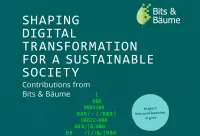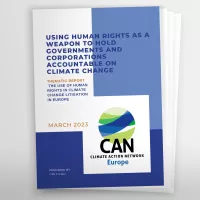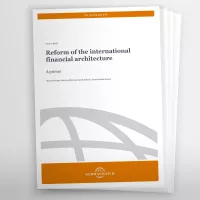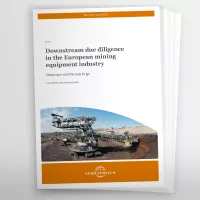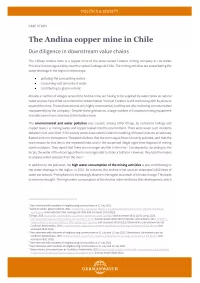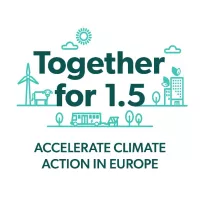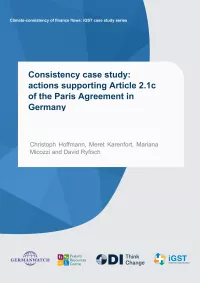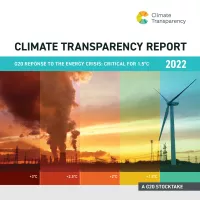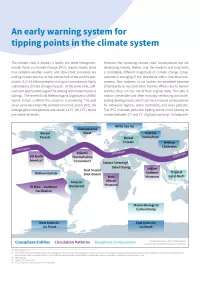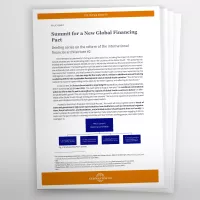
The current international scenario is characterised by a complex web of global crises. This situation is having a particularly negative impact on the countries of the Global South, which are facing considerable financial constraints that are hindering the implementation of the 2030 Agenda. In this context, the French Government is organising the Summit for a New Global Financing Pact on 22-23 June 2023, which aims to forge a new pact between Global North and Global South countries.

